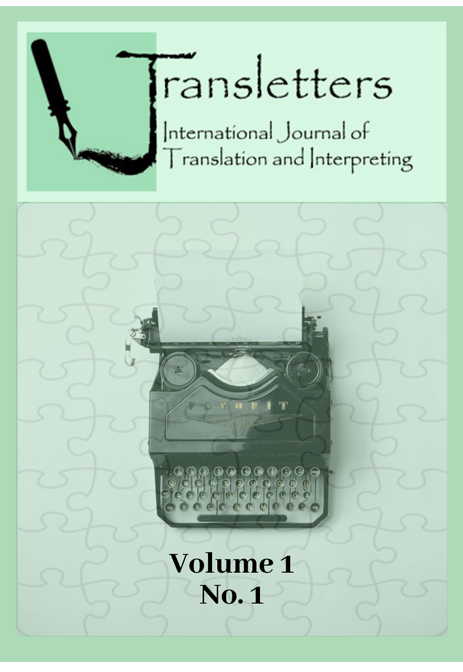The Possible Reasons for Misunderstanding the Meanings of Puns in the Holy Quran from Arabic into English
Contenido principal del artículo
Resumen
The Holy Quran is the central point of Islam and is a link which connects humanity (the creation) with Allah (the creator). Translation of the Qur'an is still a problematic issue for each translator in the Islamic theology due to the Quran has numerous Islamic terms/words that hold multiple or double meaning which causes problems in translation. These problems are due to the dissimilar translations of puns (tawriyah) and the misinterpretations between the intended meanings of puns with their inherent notions, which could result in a certain amount of ambiguity. Translators and interpreters of the Qur’an face numerous difficulties that make their translation an impossible task to be able to cater for this fact in their translations, consequently; they end up translating the superficial sense which leads to tremendous loss of semantic and rhetoric features.
This research deals with the challenges of translating the meanings of puns (tawriyah) meanings from the Quran into English. The study examines the Quranic text and its two widespread English translations by Yusuf Ali (2014), Pickthall (2011).
The research corpus is based on several verses (Ayat) selected from the Holy Quran. The study employs Delabastita᾿s (1996) typology of horizontal puns. The objectives of the study are to determine the types of English puns that were produced by the two translators in the Quranic text according to Delabastita᾿s (1993) typology, to identify causes for misunderstanding the meanings of puns in the Holy Quran from Arabic into English.
Descargas
Detalles del artículo
Proposed Policy for Journals That Offer Open Access
Authors who publish with this journal agree to the following terms:
- Authors retain copyright and grant the journal right of first publication with the work simultaneously licensed under a Creative Commons Attribution License that allows others to share the work with an acknowledgement of the work's authorship and initial publication in this journal.
- Authors are able to enter into separate, additional contractual arrangements for the non-exclusive distribution of the journal's published version of the work (e.g., post it to an institutional repository or publish it in a book), with an acknowledgement of its initial publication in this journal.
- Authors are permitted and encouraged to post their work online (e.g., in institutional repositories or on their website) prior to and during the submission process, as it can lead to productive exchanges, as well as earlier and greater citation of published work (See The Effect of Open Access).

